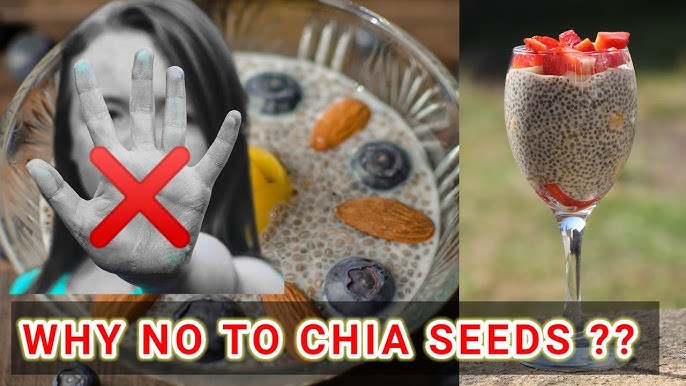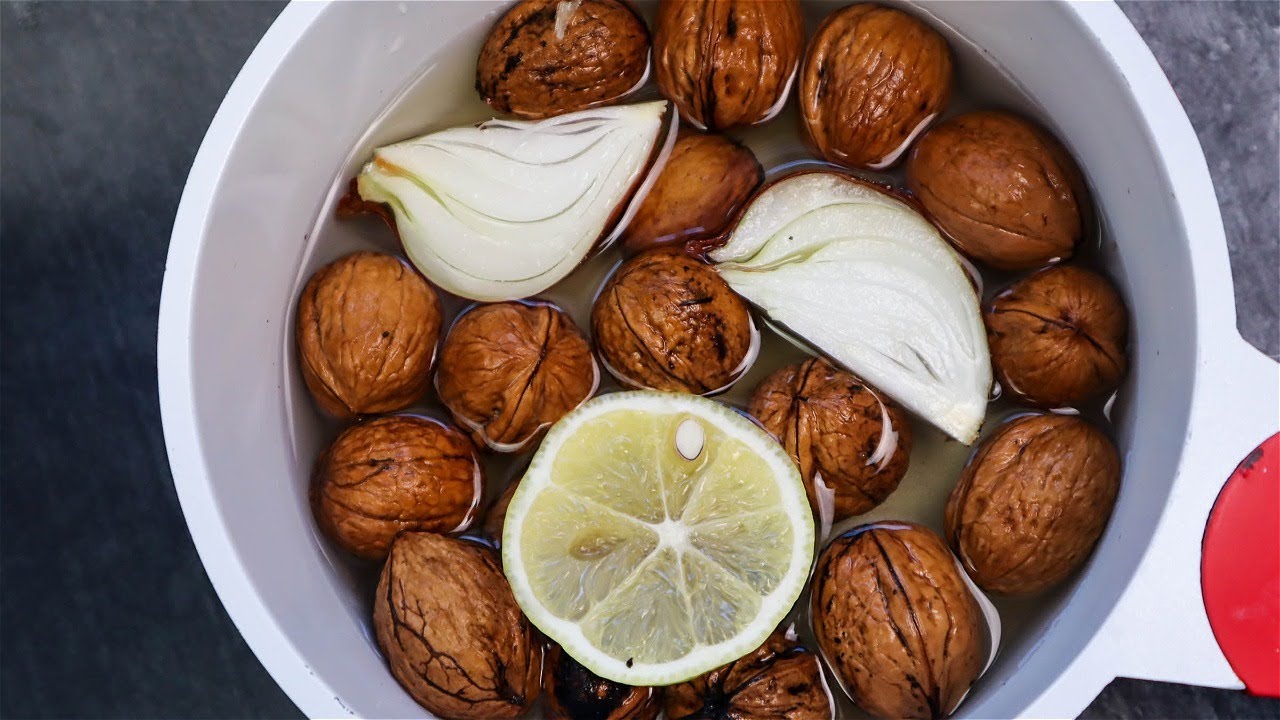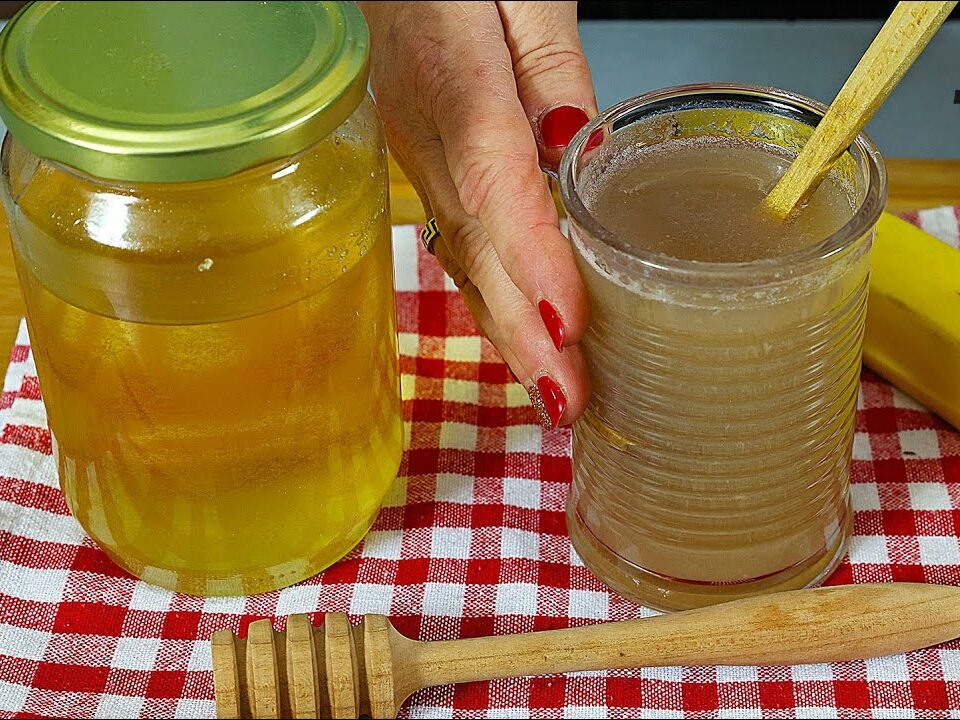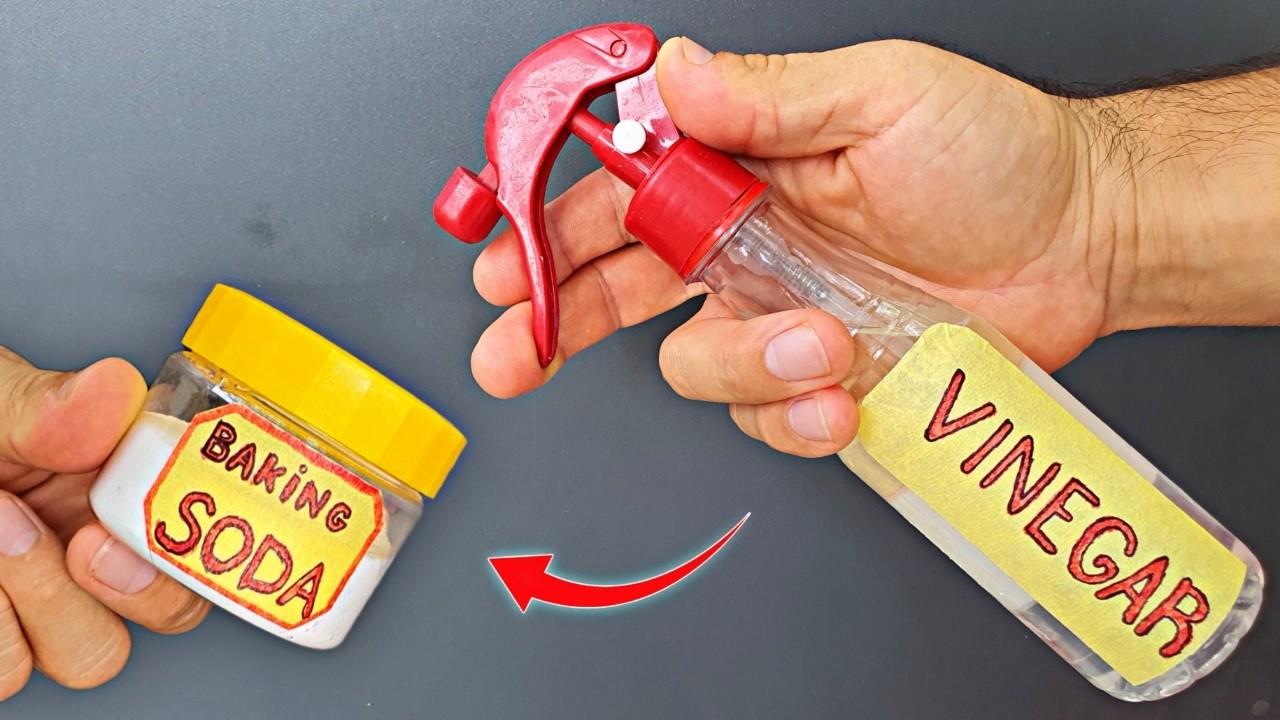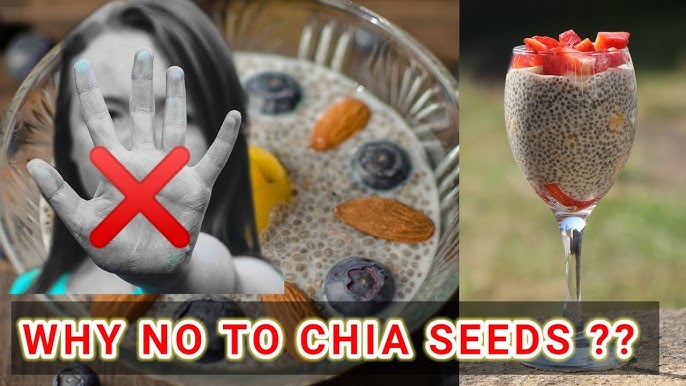
Chia seeds are widely regarded as a superfood due to their rich nutrient profile, but like any food, they can pose some risks or drawbacks for certain individuals. While generally safe and beneficial for most people, there are some potential side effects and precautions to keep in mind when consuming chia seeds.
Potential Downsides of Chia Seeds
-
Digestive Issues:
-
High Fiber Content: Chia seeds are extremely high in fiber, with about 10 grams of fiber per ounce. While this is beneficial for many, consuming too many chia seeds too quickly can cause bloating, gas, or constipation, especially for individuals who are not used to a high-fiber diet.
-
Solution: Start with a small amount and gradually increase your intake, while drinking plenty of water to help your digestive system process the fiber.
-
-
Choking Hazard:
-
Chia seeds can absorb up to 10-12 times their weight in water and form a gel-like consistency. If consumed dry, particularly without enough liquid, chia seeds can expand in the esophagus and potentially cause choking. This is especially risky if you eat dry chia seeds and then drink water right after.
-
Solution: Always soak chia seeds in water or another liquid for at least 10 minutes before consuming them.
-
-
Allergic Reactions:
-
Though rare, some individuals may experience allergic reactions to chia seeds. Symptoms can include itching, swelling, or difficulty breathing after consuming chia seeds.
-
Solution: If you suspect an allergy to chia seeds, discontinue use and consult a healthcare professional.
-
-
Potential Interaction with Medications:
-
Blood Thinners: Chia seeds contain omega-3 fatty acids, which are known to thin the blood. If you’re taking blood-thinning medications like warfarin, consuming large amounts of chia seeds could increase the risk of bleeding.
-
Blood Pressure Medications: Chia seeds can lower blood pressure, which may be an issue for individuals on blood pressure medications as it could lead to excessively low blood pressure.
-
Solution: If you’re on medication for blood thinning or blood pressure, consult your healthcare provider before adding large amounts of chia seeds to your diet.
-
-
Excessive Calorie Intake:
-
While chia seeds are nutrient-dense, they are also relatively high in calories and fat (about 140 calories and 9 grams of fat per ounce). Eating them in large quantities can contribute to excessive calorie intake, which could impact weight management.
-
Solution: Stick to a moderate portion size, typically 1 to 2 tablespoons per day.
-
-
Lower Mineral Absorption:
-
Chia seeds contain phytic acid, an antinutrient that can bind to certain minerals like calcium, iron, and zinc, making them less bioavailable. For individuals who rely heavily on chia seeds as a source of nutrients, this could slightly hinder mineral absorption.
-
Solution: Incorporate a variety of other nutrient-dense foods into your diet to ensure adequate mineral intake.
-
Conclusion
Chia seeds are generally safe and beneficial when consumed in moderation, offering a wide range of health benefits, such as improved digestion, heart health, and weight management. However, overconsumption or improper use can lead to some side effects, including digestive discomfort, choking risks, and potential interactions with medications.
To enjoy chia seeds safely:
-
Soak them before eating,
-
Start with small amounts, and
-
Consult a healthcare provider if you have underlying health conditions or take medications.
As with any food, balance and moderation are key!
